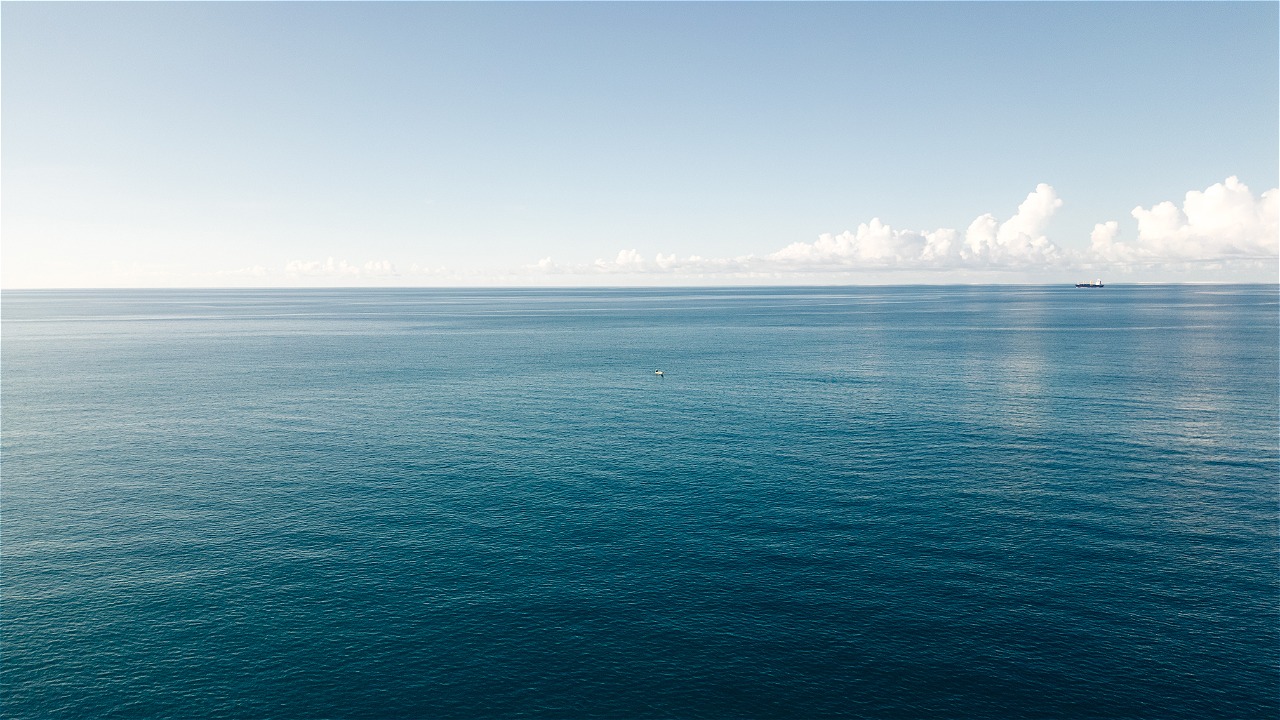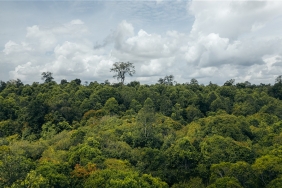WWF & HSBC PRESENT WATER EDUCATION LABORATORY
Bandung, March 22, 2016 - Coinciding with the commemoration of World Water Day, WWF Indonesia in collaboration with HSBC launched a Water Education Laboratory at Rumah Belajar Bumi Panda, Bandung, as part of HSBC's Water Programme. This laboratory serves as a learning tool for the community to obtain information related to water conservation, especially those sourced from rivers.
Rivers have an important role for life, not only for humans but also for other creatures that live in the river itself and the surrounding land. For people who live around the river area, there is no denying that their survival and welfare depend on the river. Not only as a means of transportation and fulfillment of daily needs, the surrounding community also relies on the river as an economic source. However, development around the forest that does not pay attention to the water catchment area has disrupted the river ecosystem. This causes erosion, sedimentation and pollution.
The Living Planet Report (LPR) issued by WWF in 2014 showed that the Living Planet Index (LPI) for freshwater decreased significantly by 76% from 1970 to 2010. This resulted in the deaths of 5 million people due to waterborne diseases every year. In Indonesia, several islands are already experiencing water deficits, including Java, Sulawesi, Bali and NTT. Although Sumatra still has a surplus of freshwater, but currently the existence of freshwater sources is threatened by pollution caused by activities that are not environmentally friendly such as mining, industrial waste disposal, household waste, and other social activities. The above facts underlie WWF Indonesia in collaboration with HSBC to initiate an awareness program on water issues.
In this water laboratory, visitors can test water samples brought from home or other sources to determine the condition or quality of water that is usually consumed daily. In addition, visitors also have the opportunity to gain knowledge about the sources and benefits of water, as well as many other interesting things about rivers from all over Indonesia.
Devy Suradji, Marketing Director of WWF-Indonesia revealed "HSBC is a partner of WWF in various parts of the world, and we share the vision and mission to make positive efforts for the world community and our beloved planet earth. The Freshwater program with HSBC in Rimbang Baling, which is then realized in the Water Laboratory in Panda's Earth, will become a place for public curiosity, especially children, about the importance of water and the current condition of water and the relationship between water for life and ecosystem balance. This Water Laboratory is also a synergy and collaboration between the community in the Rimbang Baling area and the urban community in making efforts to protect our freshwater sources which are only 3% of the total amount of water in the world."
Meanwhile, Nuni Sutyoko, Senior Vice President of HSBC Indonesia said "Water will be one of the most important resources in the world that needs to be protected in the next 20-30 years. I am proud that the HSBC Water Program has made a difference to many lives around the world." The HSBC Water program has been running for five years around the world. Many global achievements have been made, including more than 1,000,000 people having access to clean water. More than 900,000 people have access to adequate sanitation. A total of 3,120 water and sanitation committees were formed, and 1,476 water pump technicians were trained.
Nuni also added that this program involves HSBC employees. "We will always be involved in this program locally, according to our work locations. Employees can get involved to gain knowledge about water issues in the world, learn about water issues where they are and play a role in basic research."
The Water Laboratory initiative is part of a larger water and river conservation program centered in the Rimbang Baling area of Riau. Rimbang Baling is one of the areas that is key to the future sustainability of ecosystems on the island of Sumatra. A variety of local wisdom to protect water has been owned by the local community, but unfortunately began to get the threat of area disturbance with the conversion of land into oil palm plantations and various illegal mining businesses. This has become the highlight of WWF and HSBC to start making efforts to protect water sources in the area through approaches to the community to jointly maintain the Rimbang Baling area to remain sustainable.
-SEKIAN-
Further information:
Nenden Fathiastuti, Public Relations Manager - WWF Indonesia
E:nfathiastuti@wwf.or.id T: +62-811-1909 148





